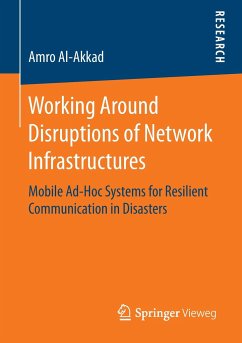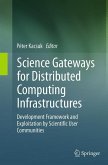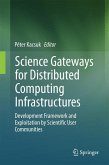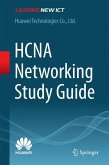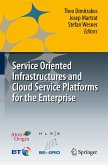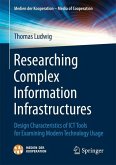As in disasters the availability of information andcommunication technology services can be severely disrupted, the authorexplores challenges and opportunities to work around such disruptions. Hetherefore empirically analyzes how people in disasters use remnants oftechnology to still communicate their needs. Based on this, he suggests qualityattributes whose implementation can support the resilience in technology. Toexemplify this he develops iteratively two mobile ad-hoc systems and explorestheir feasibility and implications for emergency response under close-to-realconditions. Compared to the state of the art both systems are independent frompreexisting network infrastructure and run on off-the-shelf smartphones.
Bitte wählen Sie Ihr Anliegen aus.
Rechnungen
Retourenschein anfordern
Bestellstatus
Storno

